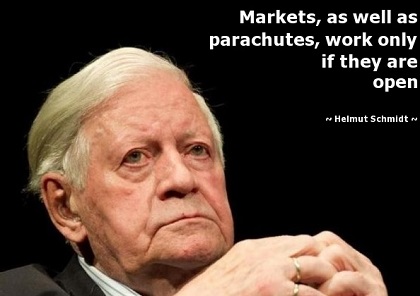
Schmidt was confronted with a number of serious problems. The economic turbulence caused by the oil crisis of 1973 had affected the FRG, and a ban on the use of automobiles on Sundays had been introduced to preserve scarce fuel reserves. Perhaps as a result of the crisis, Germans began to recognize limitations to economic growth and simultaneously to become aware of ecological dangers to the environment inherent in their lifestyle. As a result, environmental movements sprang up throughout the FRG.
Worries about the environment and about long-term economic growth became widespread in the next few years, and the almost limitless optimism of the postwar period began to give way to a mood of uncertainty about the future. Unemployment was also on the rise, and labor unions, traditionally reliable allies of the SPD, began to depart from their position of solidarity with the SPD-FDP government. In this increasingly difficult economic and political environment, Schmidt tried to steer a steady course, one often too conservative for his party and from which necessary support was at times lacking.
Related articles:
The Social Democratic-Free Democratic Coalition, 1969-82 and Willy Brandt
Ostpolitik
The Student Movement and Terrorism in Germany
The Green Movement (Greens) in Germany
